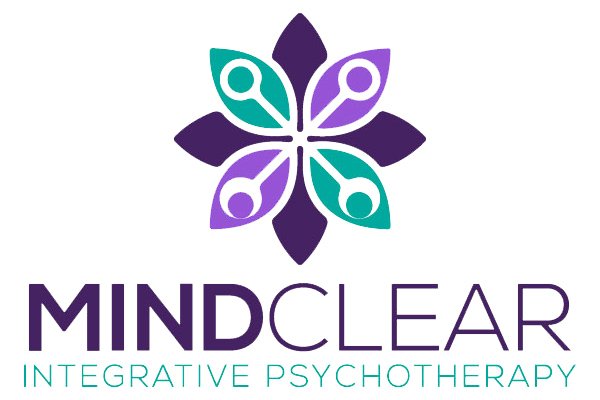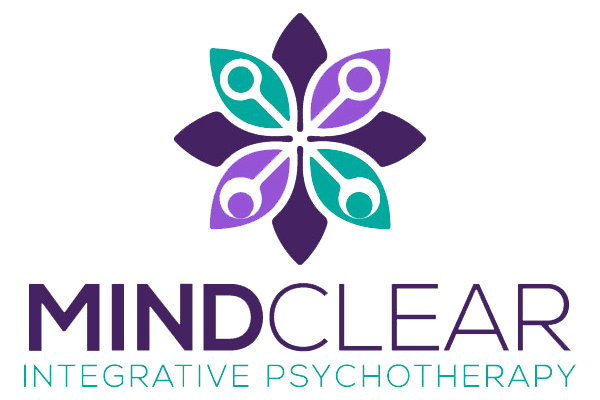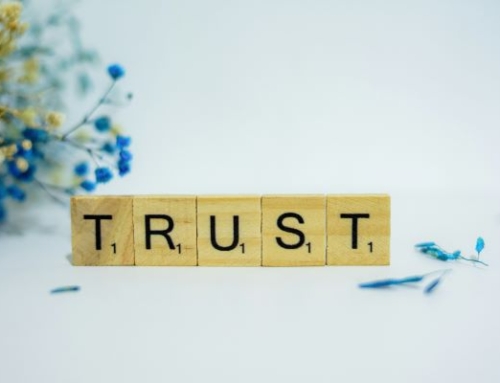Who Are You and Where Do You Belong?
How Individuation Can Alleviate Distress

Photo by Nathan Dumlao on Unsplash
By Anya Dangora
Do you ever feel like the odd one out in your family? Or like no one understands you? Maybe you feel like you don’t fit in anywhere.
Feeling like this would cause anyone to experience psychological distress. You might experience a lot of anxiety, hopelessness, insecurity, and loneliness. Or worse, like you are somehow defective or unlovable.
Understanding what makes you feel alone is the first step to making meaningful change. But change is difficult. When it comes to creating change that would help you feel more connected to others and like you belong, one existential question comes to mind: Who are you?
Nature AND Nurture
Answering the existential question of “Who am I” can feel daunting. So, let’s start with the basics.
Understanding the “self” has long been studied as a common theme throughout humanity’s existence. It shows up across multiple disciplines and schools of thought, including the life sciences, philosophy, physics, and psychology.
People are influenced by many different factors. Most psychologists understand human traits and behavior as having both nature and nurture origins. On the nature side, advances in genetics have grown our understanding of heritable traits and predispositions passed down through generations. On the nurture side, children aren’t raised in a vacuum. They develop certain interests and behaviors depending on their caregivers’ treatment of them, peer interests, spiritual beliefs, culture, geographical location, and time period, amongst many other factors.
These environmental influences can actually change genetic material through the process of epigenetics, indicating that nature and nurture aren’t mutually exclusive. This relatively new discovery alone can cultivate hope by simply acknowledging that change is possible.
In other words, you are not stuck with the cards you have been dealt.
Individuation
Identifying the genetic and social influences that make you who you are are only part of the story, however. What about the ways in which you feel different from your friends and family?
Individuation is the process through which a person achieves a separate identity from others. It represents the idea of a unique self-identity, and the ongoing process of cultivating this identity continues throughout one’s lifespan. It is normal and healthy to be different from others, but you might not always feel that way.
Psychoanalytic theorists believe individuation begins in the beginning stages of life, when the young child learns that they are no longer the same as their primary caregiver. While in the womb, babies are one with the mother. After birth, they begin to realize through many different experiences that their mother is separate and different from themselves. This process is most apparent, however, during adolescence when one really starts forming a unique and distinct identity separate from others.
When Problems Arise
Parents are tasked with many responsibilities including learning to interpret and meet their children’s needs as well as signaling that their emotions, including distress, are normal and tolerable. For example, when a baby cries, a parent can help by mirroring the baby’s emotions (signaling understanding and acceptance), understanding the cue (the baby is hungry), and meeting the need (feeding).
Individuation first begins when the infant begins to gain independence, like for example, through learning to walk. The infant can then go off on their own and explore the world around them without the parent, slowly learning that they are different and unique. This process continues through adolescence and beyond, as the person develops their own interests separate from their parents.
Problems can arise when parents reject their child’s attempts to become an individual. For example, when the parent is anxious and fearful, they may want to keep the infant close physically and/or psychologically. They may fear that if the child does not think and act like them, the child will be in danger. Slowly over time, oftentimes without full awareness, they may positively reward the child’s interests and behavior that are similar to the parent’s and reject or punish interests and behavior that are different. This results in the child feeling anxious, depressed, and/or ashamed about the ways they are different and “don’t fit in”.
These issues don’t stop once people reach adulthood. Unfortunately, they often compound.
An adult whose individuation process was threatened in childhood may hide certain aspects of themselves in their closest adult relationships for fear of rejection. This can lead to feelings of disconnection, loneliness, and resentment. You may be unsure of who you are and pursue careers that don’t feel like a good fit as a result. Existing in environments that don’t fit for too long perpetuates long-term feelings of anxiety and depression.
How Therapy Can Help
Therapy can provide a safe space for you to start to understand yourself. This includes learning how you are different from others and accepting these differences as part of what makes you unique. You can still fit in even while being your individual self!
Therapy can help you understand how your individuation process was and/or continues to be threatened. Therapists create an emotionally safe space by aiming to be accepting, understanding, and non-judgmental. This allows the you to explore parts of yourself that you previously felt were wrong or had to hide.
Once these parts are identified, communicated, and processed, you can begin to integrate them. Over time, you can change important relationships by acting more authentically, cultivating new relationships with like-minded others, pursue interests that better reflect who you are, and make career changes that better reflect your values. These changes will of course change your mood, and alleviate the distress that comes from feeling like you don’t fit in.
Humans are relational: you need other people to understand who you are, including how you are similar to and different from others. Feeling like the odd one out is so common in today’s world. Ironically, you are not alone, even when you feel that way.
Change is possible, even when you don’t feel that it is. If you’re feeling stuck on your own, you may need the help of an experienced other to get unstuck and feel like yourself again.









